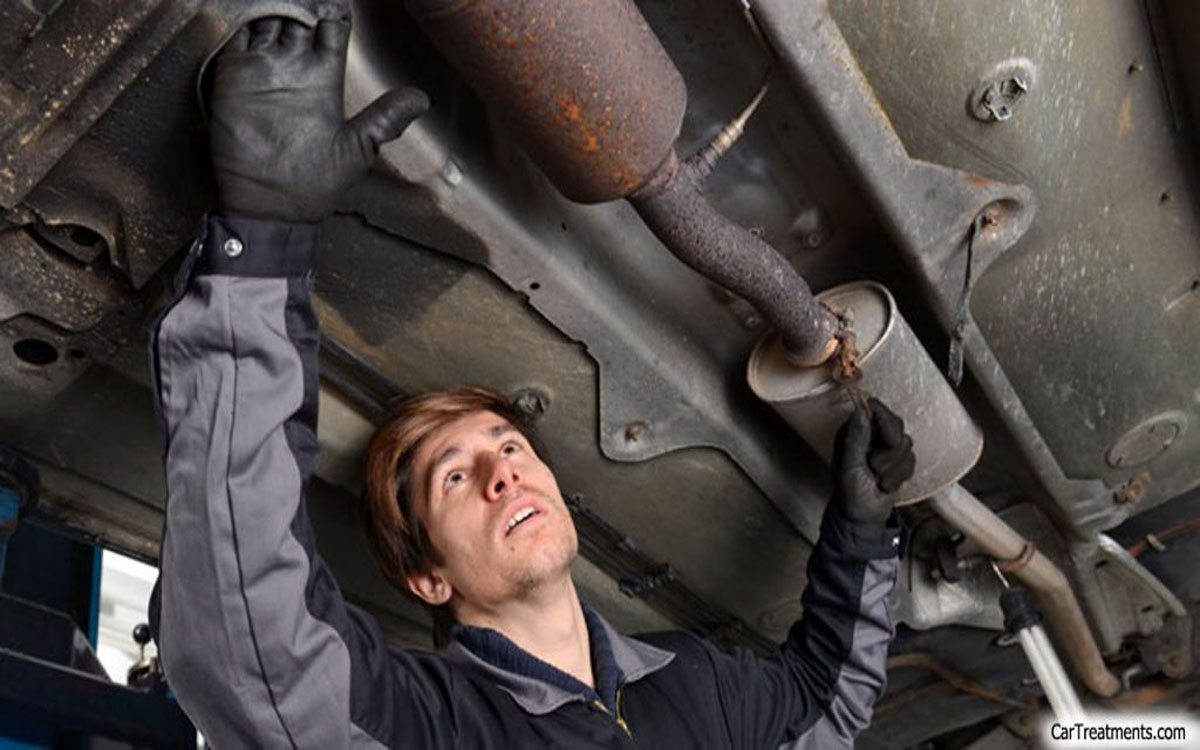Engine noise suggests a problem has developed that will worsen over time. Unlike a catalytic converter that fails suddenly, pinging, knocking, and clicking sounds tend to slowly build in intensity. If the root causes are addressed during the early stages, they can often be resolved without extensive repairs. On the other hand, if you allow them to persist, you risk exposing your engine to severe – and expensive – damage.
In this article, I’ll describe the most common forms of engine noise and explain what causes them. We’ll take a look at clicking, knocking, pinging, and detonation. If you notice any of the following noises coming from your engine, have the underlying problems fixed quickly. Otherwise, you may unwittingly set the stage for a costly overhaul.
Oil Pressure And Worn Parts
Low oil pressure can cause a clicking noise that grows louder as your RPMs rise. The easiest item to … Read More ...

